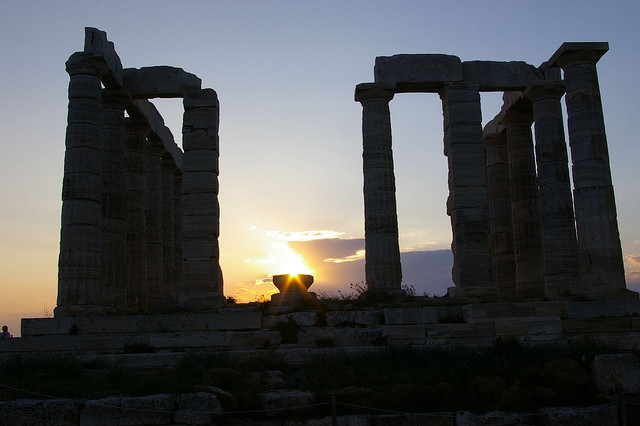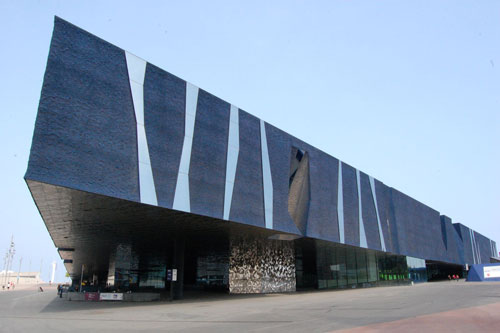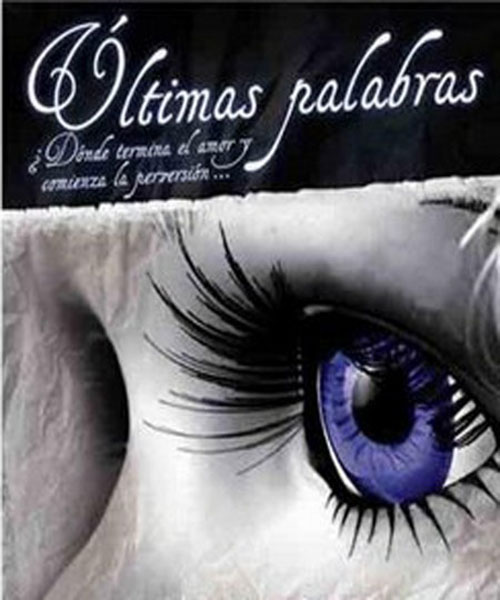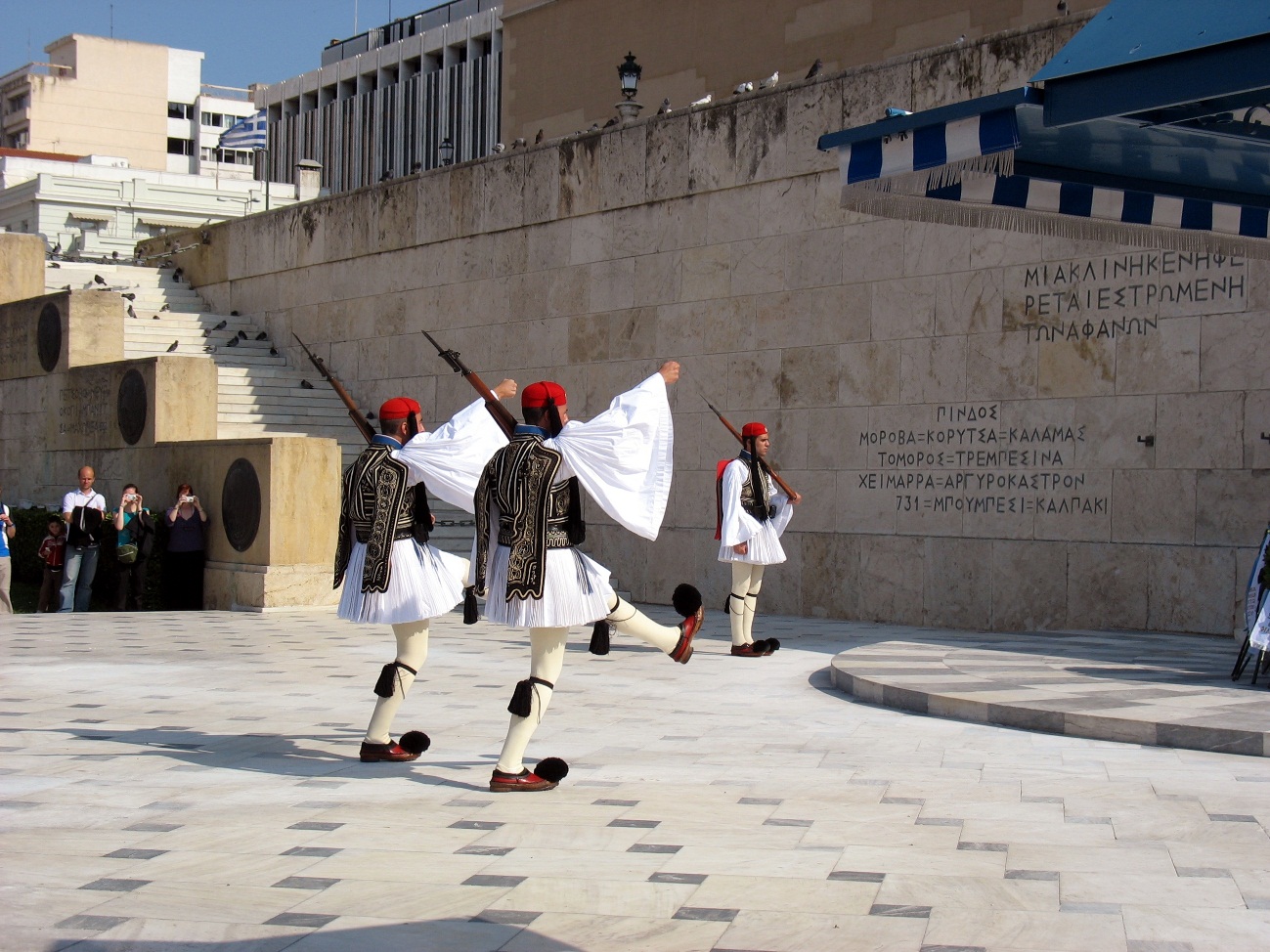The memory, it is something we do not own, far from being a static power, it moves in the realms of imagination, the things we see, only can kept apart from how we remember or represent them, being this second aspect what constitutes our perception of the world and apparently many of the impressions that our senses collect outside.

In the same way that Around the Day in Eighty Worlds, book in which Julio Cortazar comments the disappointment felt by not a few critics at the sets Stravinsky´s ballet Petrushka, when years later she was back to ballet stage thanks to Diaghilev and how worthless the Russian Bakst protests were (which had to be repainted to enhance the tones) that were exactly the same, perfectly preserved, and had not lost any of his blinding objectively chromatic qualities, the Argentine writer related an anecdote that illustrated disturbingly the case on his trip by the Greek lands.
A month before leaving, a close friend had told him as was the journey from Athens to Cape Sounion, place where presumably Cortázar wanted to go, maybe not so much to see the temple of Poseidon as the firm stopped right there at the time Lord Byron. When Cortazar did it, leaving the Greek capital, the same itinerary, things seemed to be significantly different than his friend had suggested. This told of a dusty square to which suited arrive very early to avoid running out of room in the bus, a vehicle parked dilapidated await in the middle of the street, near the place occupied by pistachio salesmen, protected from sun in the shade of trees. Cortázar found that there was plenty of room on the bus (although equally rickety very different than he had imagined it), that was parked on the corner of the square and the trees and the excess powder and pistachio vendors shone with their absence. However, the initial account of his friend must have fixed forever and hopelessly imaginary vision of the Plaza Cortázar would, because when he returned to Paris he told another friend that piece of his vacation in Greece was surprised reminding himself (and viewing) the square and the bus had imagined when hearing about them for the first time.
Pamuk maintains similarly that precipitates and fabulous texts published by the Western writers of the nineteenth century Istanbul forged the idea of later writers develop the city itself, so capricious, random, unpredictable and literary forms in the sky of the Bosphorus smoke from the chimneys of steamboats, similar, or perhaps the same who had brought those Western writers to the city, the child and adolescent Pamuk was trying to paint over and over again.
For no mind is a tabula rasa, it is inevitable that the traveler who rent apartments in Istanbul get there with an image of the city in your head. It is doubtful, however, that overcomes some of them with wonderful contrast and multifaceted place.

 English
English Translated by: Hans
Translated by: Hans


